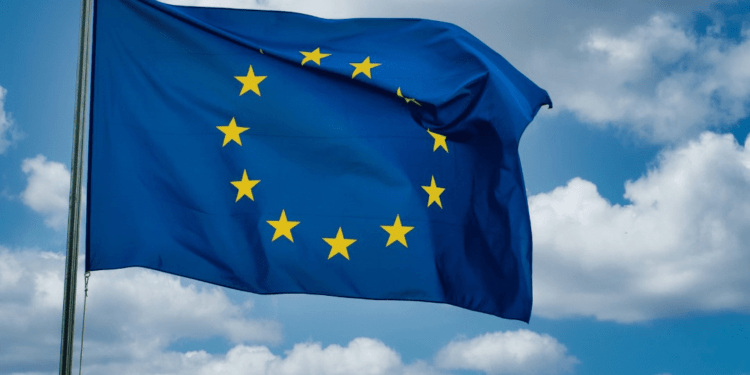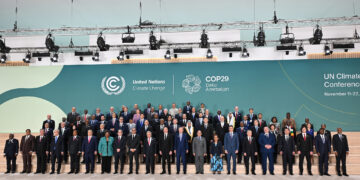MEPs and the Spanish Presidency of the Council reached an informal agreement recently concerning initiatives aimed at decreasing energy consumption and greenhouse gas emissions in the buildings sector. The proposed amendment to the Energy Performance of Buildings Directive strives to significantly cut down on greenhouse gas emissions and energy usage in the EU building industry by 2030, with the ultimate goal of achieving climate neutrality by 2050. The plan also seeks to increase the renovation of poorly performing buildings and enhance information sharing on energy performance.
Targets for reducing emissions include ensuring that all new buildings are zero-emission by 2030, with public authority-owned or occupied new buildings achieving zero-emission status by 2028. Member states can consider the life-cycle global warming potential of buildings, encompassing production and disposal of construction products. For residential buildings, measures must be implemented to achieve a minimum 16% reduction in average primary energy use by 2030 and a 20 to 22% reduction by 2035.
Member states are mandated to renovate the 16% worst-performing non-residential buildings by 2030 and the worst-performing 26% by 2033 through minimum energy performance standards. Where technically and economically viable, solar installations must be progressively integrated into public and non-residential buildings based on size, and into all new residential buildings by 2030.
The phasing out of fossil fuel boilers is targeted, with member states adopting measures to decarbonize heating systems and eliminate fossil fuels in heating and cooling, aiming to completely phase out fossil fuel boilers by 2040. Stand-alone fossil fuel boilers will no longer be subsidized after 2025, although financial incentives may still be available for hybrid heating systems.
Exemptions are provided for agricultural and heritage buildings, and EU countries may choose to exclude structures with special architectural or historical significance, temporary buildings, as well as churches and places of worship.
To become law, the informal agreement requires endorsement from both the EU Parliament and EU Council. The Industry, Research and Energy Committee is set to vote on the text on January 23.
The European Commission highlights that buildings in the EU contribute to 40% of energy consumption and 36% of greenhouse gas emissions. The legislative proposal for revising the Energy Performance of Buildings Directive, part of the ‘Fit for 55’ package, was adopted by the European Commission on December 15, 2021. The 2030 and 2050 targets are legally binding under the new European Climate Law passed in July 2021.





